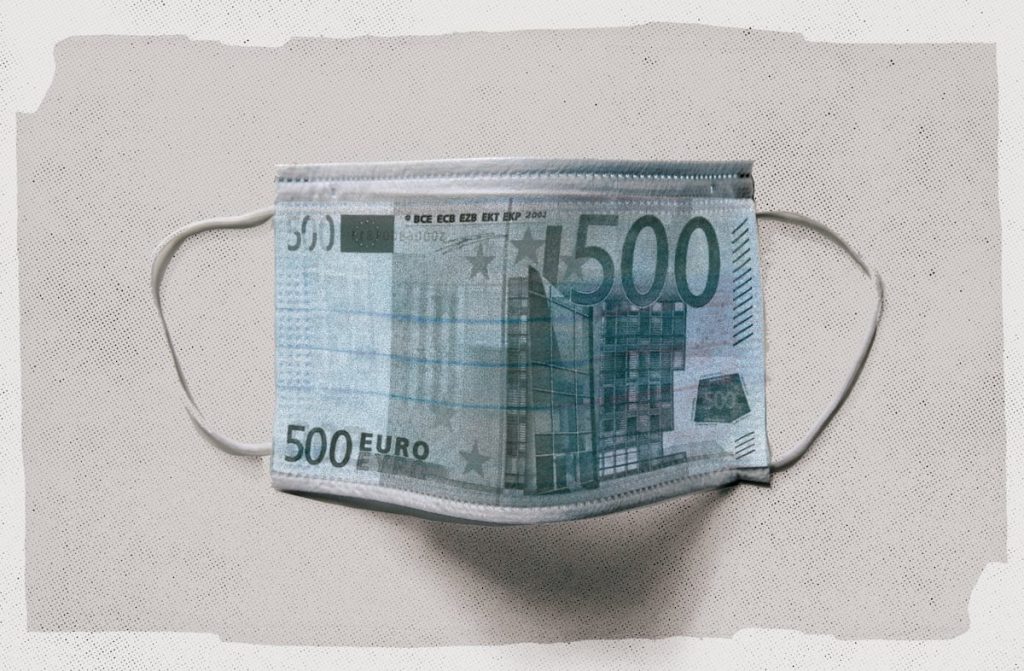In March 2020, Spain was hit hard by the coronavirus pandemic, leading to panic and uncertainty. While millions of Spaniards were risking their lives to help and provide care in difficult conditions in hospitals and health centers, a handful of unscrupulous businessmen and managers took advantage of the health emergency to profit from the sale of masks and other protective equipment. The state of alarm decreed on March 13 allowed for contracts to be awarded without rules for COVID-19 related products, resulting in over 6.44 billion euros being awarded with minimal oversight. More than 120,000 people died as a result, and Spain faced not only a deadly virus, but also rampant greed that depleted public funds.
Four years later, the Spanish Congress and Senate have launched investigations to uncover the truth behind the scandals that have implicated political figures and businessmen. However, the investigations have been overshadowed by elections and political threats, making it difficult to hold those responsible accountable and prevent similar incidents in the future. The true extent of the looting of public funds and the culprits behind it are still unknown despite initial testimonies and hearings held in parliament.
To conduct this investigation into the worst months of the pandemic, EL PAÍS analyzed databases of hundreds of public contracts signed in 2020, as well as reports from the Court of Auditors highlighting errors made by various administrations and cases of corruption. One of the scandals involved the sale of overpriced COVID-19 materials to the Madrid City Council, where intermediaries made six million euros in commissions. This investigation sheds light on the high prices paid for essential medical supplies during the peak of the pandemic and exposes the greed and lack of oversight that characterized the procurement process.
The unregulated market for COVID-19 supplies gave rise to opportunistic behavior, with some individuals and companies charging exorbitant prices for essential medical supplies. While the demand for these products skyrocketed globally, intermediaries and suppliers took advantage of the situation to make substantial profits at the expense of public health. These practices not only drove up prices but also resulted in disparities in pricing between different public entities, raising questions about coordination and monitoring within the administrations.
The lack of control and coordination in public procurement decisions allowed for questionable contracts and inflated prices, with some entities paying significantly more for the same products than others. The investigation revealed instances of potential fraud, corruption, and tax evasion, with several individuals facing legal action for their involvement in fraudulent schemes related to the sale of COVID-19 materials. The double greed of profiting from inflated prices and evading taxes highlighted the need for stronger regulations and oversight in public procurement processes to prevent future abuses of public funds.
Overall, the investigation into the procurement of COVID-19 supplies in Spain during the pandemic period exposed the vulnerabilities in the system that allowed for exploitation and fraud. By shedding light on the unscrupulous practices of some individuals and companies, the investigation aims to hold those responsible accountable and prevent similar incidents from occurring in the future. The revelations of greed and corruption that emerged during the pandemic serve as a cautionary tale and underscore the importance of transparency and accountability in public procurement processes.


